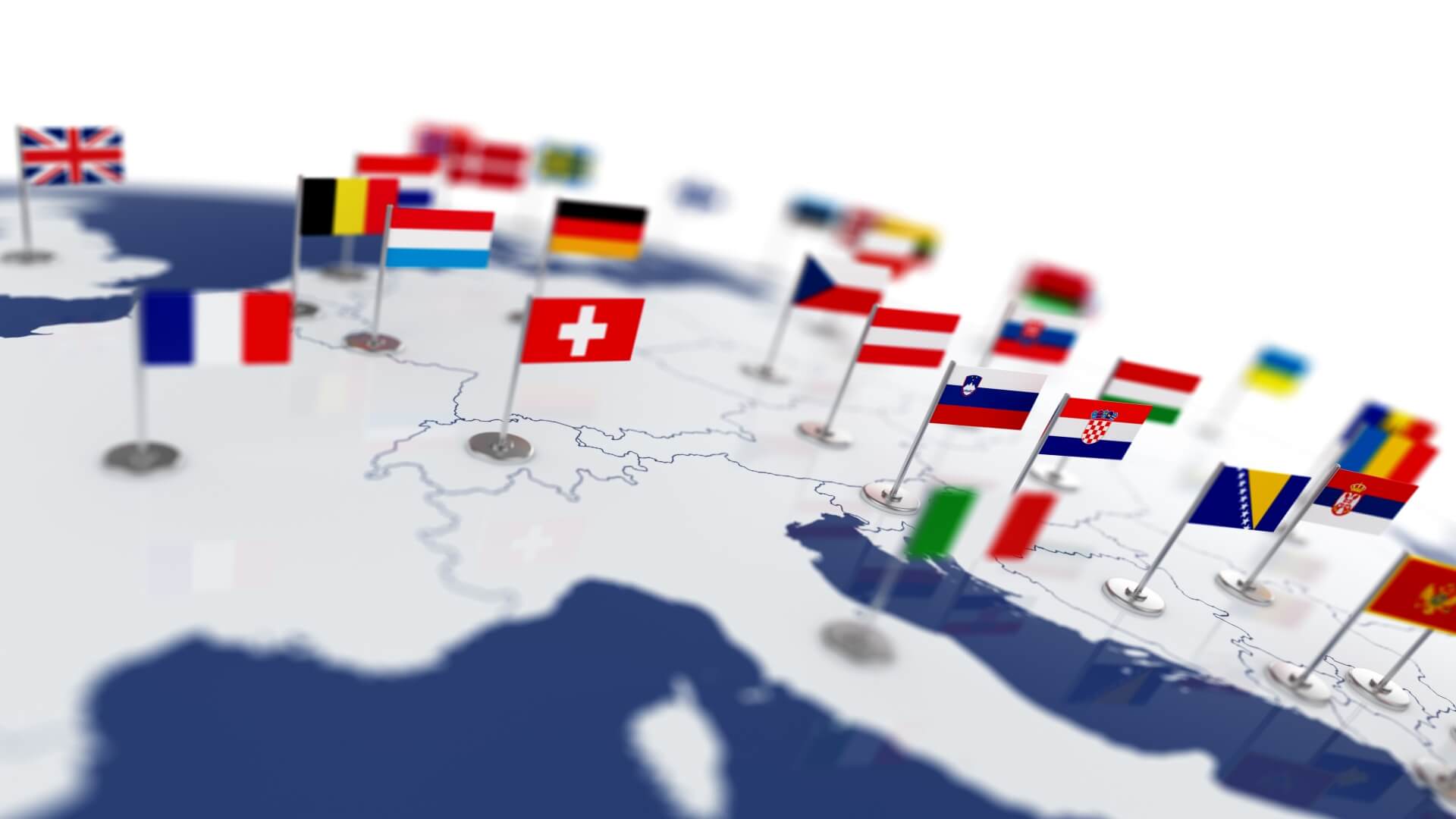1. Traveling in the low season
Traveling in the low season provides cheaper plane tickets and fewer tourists in the continent’s major countries, which means fewer lines to enter museums, parks, and other tourist sites.
The best months to travel are March through June or September through November. The weather is pleasant in most of the European area during these days.
It is usually difficult for students to travel because of their studies. If you are a student, you may have several unfinished assignments, such as coursework you need to complete. But you should not cancel your dream trip because of this. Contact an online paper writer, who can help you get the task done quickly, and most importantly, with quality.
2. You should plan the time you spend in each city
It’s best to make a list of countries you want to visit. Then prioritize which of them has the most interesting cities and places, and depending on time and money it will be clear where to go.
It is important to consider how many days you want to spend in the cities you are going to visit. Ideally, there should be three, because trying to learn a lot in a few days, the tourist is likely to feel exhausted.
3. Book lodging in advance
It is better to book a hotel online to protect yourself. It is quite annoying to arrive at dawn in a city and not find a place to rest.
It is also better to book tickets to tourist sites to avoid long lines.
4. Check the weather
It is worth checking the weather of places one is planning to visit
Visiting London in August, it is worth bringing a good raincoat, boots, and umbrellas, because it will rain.
5. Bring cash with you
In Europe, there are things you can only pay for in cash, such as tips, quick shopping, meals, or cabs.
Most airports have ATMs, which despite the high fees are very practical and convenient.
Don’t keep a lot of money in foreign currency at the end of your trip because it may not be profitable to convert it to local currency.
6. Plan tours in advance
The next step after determining the cities is to check what sights one wants to visit. For example, the Louvre in Paris, like most museums, offers free tickets one day a week, ideal for those who want to save euros. With a student ticket, one can get discounted rates or lower prices on many tickets.
7. Avoid going to restaurants near places of interest
If the budget allows, and the person wants it, you can treat yourself and eat at a restaurant after an exciting day of walking. But it is better not to go to those that are close to the attractions because they tend to be more expensive.
An inexpensive alternative is to buy a baguette, a slice of cheese, and a bottle of water or wine and have a picnic in front of the Tuileries gardens or admire London Bridge.
8. Explore historical sites on your own
Although city tours are ideal for the novice traveller in Europe because it allows you to learn a lot in a short time like this, it also constrains and limits one’s plans, so it is possible to visit historical sites on your own, relying on a map or the Google Maps app.
It is better to stay close to the city center, because although it will be a little more expensive, so you can visit interesting places without having to travel long distances
9. Find alternative attractions
Trevi Fountain, Notre Dame Cathedral, and London Eye are some of the most symbolic places, which no one wants to miss during your visit to Europe. But it is also worth spending time in places that are not so famous but have a very special charm.
10. What to take with you when you travel to Europe?
Comfortable clothing and shoes
It is important to take comfortable clothes such as jeans, t-shirts, a jacket or warm clothes, an umbrella or a good raincoat. It is very important to take a pair of athletic shoes or comfortable shoes because walking in museums, castles, squares, or parks requires comfort.
Backpack
In the backpack, you can carry water, a passport, a camera, a hand umbrella, and a snack to satisfy hunger.
Adapter
Be sure to bring an adapter to use the chargers of your phone, hair dryer, or any other electronic device
Sunglasses
Accessories such as hats, caps, or sunglasses will allow you to enjoy your walks and protect yourself from UV rays
Sunscreen
It is better to protect your skin with good sunscreen from the sun’s rays because one spends a lot of time outdoors while traveling.




















